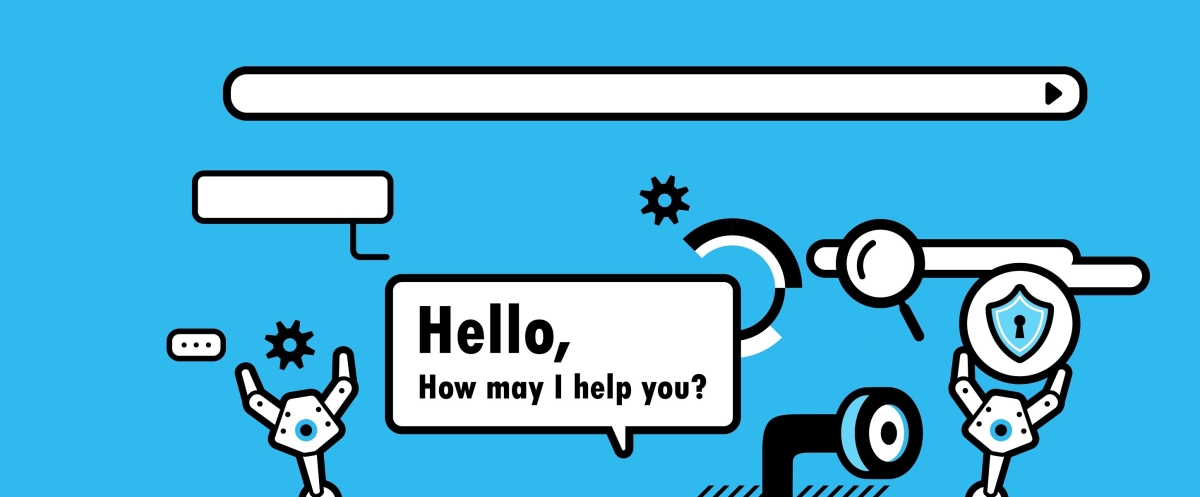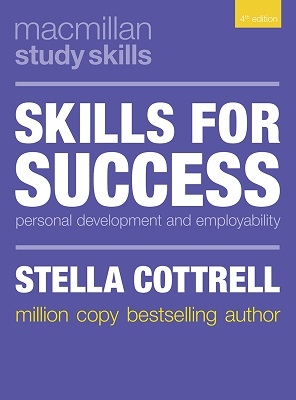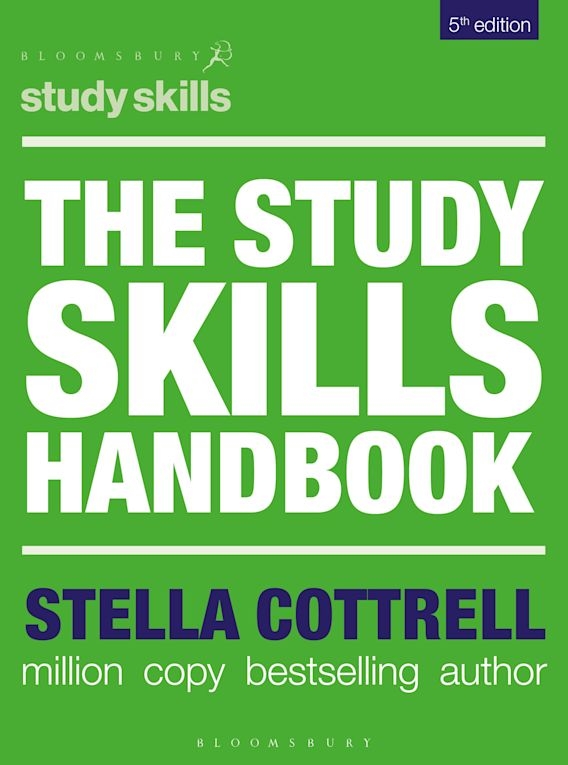Be clear about the guidelines for AI use at your institution, if unclear, seek clarification and permission

Research
AI can be great in assisting you with assignment research tasks.
Ask it questions about topics you are studying, or for shortcuts for finding out the leading theories, and how these have made a difference to thinking or practice.

Factors to consider
Treat with caution.
Chatbot answers can sound hugely convincing even when factually inaccurate. They cannot always tell fact from fiction, and can put together extended arguments on ‘evidence’ that does not exist.
Follow up.
Check the sources the AI says it used. Be confident that you know the material is accurate. Decide your own position on the issue or for the assignment. Use that to guide your own searches and writing.
Generate initial reading lists.
Ask the AI for peer-reviewed (good quality) sources and for the full details for references, in the format used by your course.

Make your own searches.
Take charge of your material. Check for yourself which sources look best. Apply your critical thinking. Being able to spot gaps, errors, weaknesses and ‘copied’ text for yourself may be an essential requirement in many future jobs.
Check interpretations and facts are correct.
Verify information. Bear in mind that the AI could be citing sources that relied on information that was incorrect, misinterpreted or fictitious.
Summaries.
For long texts, you can ask for a summary of key points. Use these to decide which parts to read in more depth. Be able to make your own summaries.
Writing support
A reflective question
If permitted by your institution, AI tools such as ChatGPT/Gemini can be used for helpful shortcuts when writing assignments.
What should you be wary of when using such generative AI tools as shortcuts?
Enter your thoughts below, select 'Show suggestions' for example responses.
Be aware of the pros and cons and what development steps you are cutting out.
Ask yourself:
- What is the purpose of the task (and each part)?
- What aspect of the task, if any, am I being assessed on?
- Would using the AI to carry out the task, remove a learning or development opportunity for me?
- Am I clear on the use of this tool in the context of my assignment, or do I need to check with instructor/assessor?
Example uses
Generate ideas for essay titles or research projects. If you don’t like them, ask for more. Select or adapt from the best.
Generate initial outline plans for assignments. Don’t use these unthinkingly: adapt them so they really fit your angle in the topic.

- Generate your own speech as text – so you can ‘write’ your assignment through your voice. Then check for accuracy and add the citations.
- Refine your writing so that it is grammatically correct and flows well – using your own content.
A note of caution
If you struggle with assignments, you might think it helpful to ask to see what a completed answer would be like. However, it is then usually harder to create a version that is entirely your own work on the topic. Think carefully whether it is really useful to see an AI version – you cannot use any of it in your own work.
- Keep in mind what you are being assessed on
- Never pass-off generated content as your own in assignments that are meant to assess your own work
x
y
z abd
a
abc

Revision for exams
1. Planning
Generate revision plans, based on the time you have available.
Tweak these so you give more time to aspects you find more difficult.
2. Q and A / Flashcards
Generate short answers to key questions on topics you want to revise.
Cross-check these with course material, to make sure that you do have the answers preferred by your course. Transfer these to flashcards.
If you become adept at using them, AI tools such as ChatGPT/Gemini are like having a private tutor, coach or friendly study buddy.


Don't...
Don't cheat
It can be tempting to submit work written by chatbots, ‘tweaked’ to hide the fact a bot wrote it.
It is cheating and plagiarism.
Don’t risk it. Don't do it.
Don't lose skills opportunities
Assignments are set specifically to develop specific skills. They provide a rare opportunity of getting specialist feedback (including graded assessment) from tutors on how well you do them. You can then be more confident about what you can, or can’t, do on similar tasks in conditions where you cannot use AI.
That could be in exams, or for applying knowledge at speed for rapid workplace decision-making and negotiations, or for devising original material when required, or for investigating or analysing new material not yet covered by chatbots.
Don’t give up your opportunity of refining valuable human skills – your future employment and income might depend upon them.
Don't
Don't cheat
It can be tempting to submit work written by chatbots, ‘tweaked’ to hide the fact a bot wrote it.
It is cheating and plagiarism.
Don’t risk it. Don't do it.
Don't lose skills opportunities
Assignments are set specifically to develop specific skills. They provide a rare opportunity of getting specialist feedback (including graded assessment) from tutors on how well you do them. You can then be more confident about what you can, or can’t, do on similar tasks in conditions where you cannot use AI.
That could be in exams, or for applying knowledge at speed for rapid workplace decision-making and negotiations, or for devising original material when required, or for investigating or analysing new material not yet covered by chatbots.
Don’t give up your opportunity of refining valuable human skills – your future employment and income might depend upon them.

Play with time
If an activity is likely to take three hours, leave at least four to complete it, but aim to complete it in two. If you allow more time than you need, you reduce the need to ‘get it right’ first time.
Less stress can mean more creative thinking. You will also have more time to fine-tune your answer and deal with emergencies. The time challenge creates just enough excitement to generate adrenaline to help with the task and reduce sluggishness.
If you have too much time, it is tempting to delay starting or to work more slowly. Set off at a good pace, aiming to finish at an earlier target time than your absolute deadline.

5. Ask 'What if... ?' questions
‘What if… ?’, ‘Why not... ?’ or ‘Supposing… ?’ questions stimulate the imagination. The wording suggests an imaginary state that is safe to explore (it isn’t real, so it can’t do any damage) but which might provide real answers.
If you reach a point where your ideas feel stuck, use ‘what if …’ questions. For example:
- ‘What if … we designed a model that worked on its side/upside down/in reverse?’
- ‘Why not … ask those residents what they want their town to be like?’
- ‘Supposing … we ate ten small meals a day rather than any big ones?’
- ‘Supposing … we drew our reasoning rather than using words and numbers?’
- ‘What if … witnesses were never visible to the accused?’
‘What if… ?’ questions can open up new and unexpected areas for exploration.

Over to you
Remember to be thoughtful and cautious when using any AI tools.
Take a moment to consider the impact that AI tools can have on your work.
Use the box alongside to record your thoughts.
Want to know more?
Whitehead, B. (2023). How to use Chat GPT in college - & NOT be CHEATING! 5 AI writing shortcuts with PROMPTS & EXAMPLES.
https://www.youtube.com/watch?v=z1JF4KLZjEA
Timothy, M. (2023). Feb 23 ‘5 Ways Students Can Use ChatGPT in School’. https://www.makeuseof.com/how-students-use-chatgpt-in-school/
https://collegevidya.com/blog/how-to-use-chat-gpt-for-students/
Looking for more ways to get xyz flowing? See Chapter x of Skills for Success by Stella Cottrell for more ideas.
Transparency and accountability
- Be clear what is your work, and give credit to others and any generated ideas and works
- Be open about your use of AI in your learning and in academic work
(Academic integrity)
More from Bloomsbury

Looking for more ways to get your creative juices flowing? See Chapter 10 of Skills for Success by Stella Cottrell for more ideas.

Why not use some of these strategies when choosing a topic for your next research project or assignment?


